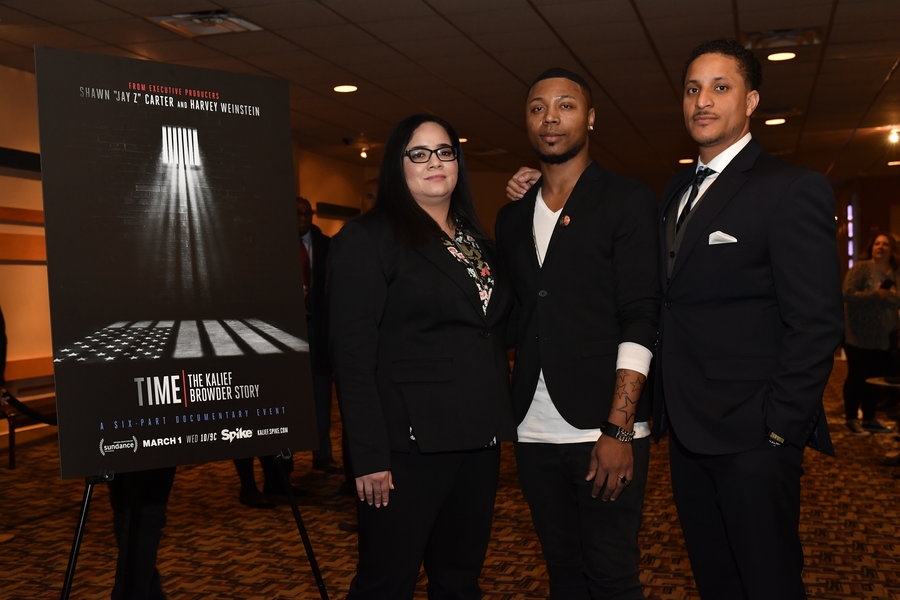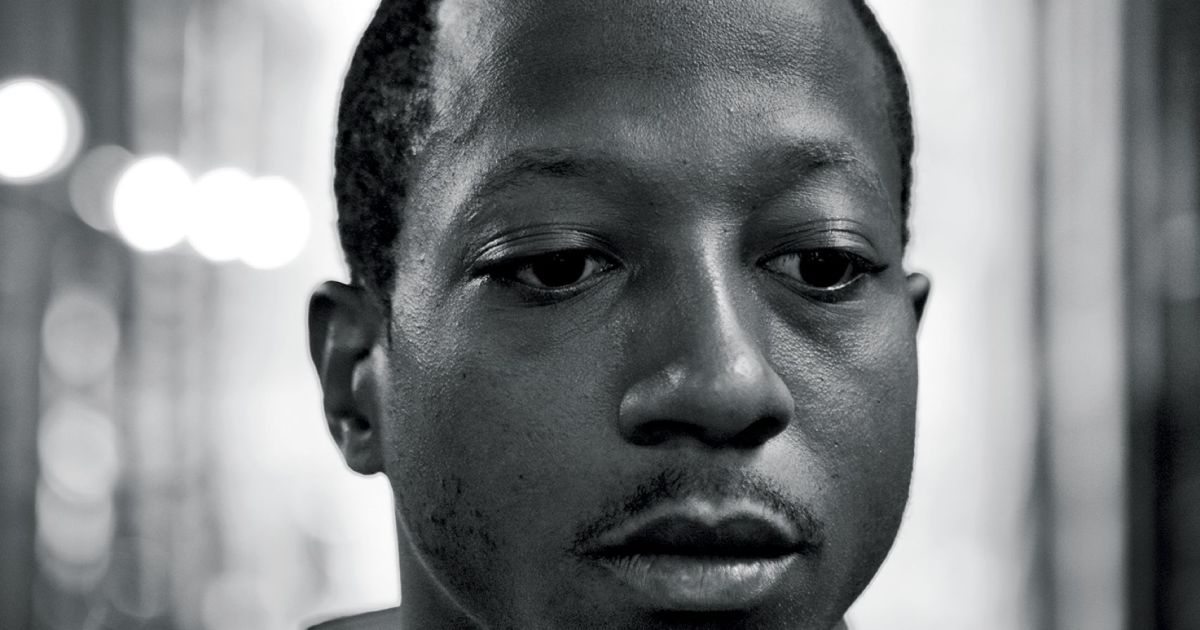 On May 15, 2010, sixteen-year-old Kalief Browder, a Bronx, New York resident was arrested while walking home from a party for allegedly stealing a backpack. Though he was never convicted of the crime, Browder would spend over the next one thousand days of his life locked away on Rikers Island, being beaten, starved and tortured. Browder spent eight hundred of those days in solitary confinement before he was finally released, with all charges dismissed, over three years later.
On May 15, 2010, sixteen-year-old Kalief Browder, a Bronx, New York resident was arrested while walking home from a party for allegedly stealing a backpack. Though he was never convicted of the crime, Browder would spend over the next one thousand days of his life locked away on Rikers Island, being beaten, starved and tortured. Browder spent eight hundred of those days in solitary confinement before he was finally released, with all charges dismissed, over three years later.
A victim of a broken justice system, which cares little for impoverished people of color, Browder was unable to escape the things that he saw and experienced while at Rikers. On June 6, 2015, at the age of twenty-two-years old, Browder hanged himself at his home. The day before, he told his mother, Vendica Browder, “Ma, I can’t take it anymore.” At the time of his death, Browder’s story was making waves across the country. Now, with their compelling, six-part documentary event series, TIME: The Kalief Browder Story, Spike and The Weinstein Company are finally giving Browder the voice he so desperately wanted. This comprehensive look at his life, case, and incarceration at Rikers allows Browder the opportunity to speak for himself.
The evening before the series debut, ESSENCE caught up with Kalief Browder’s siblings: Nicole, Deion, Kamal and Akeem Browder, his lawyer Paul Prestia and filmmakers, Jenna Furst and Nick Sandow for a special screening and Q&A in New York City. Bronx City Council member Ritchie Torres moderated the panel.
Ritchie Torres: For the Browder family, can you give us a sense of who Kalief was as a person?
Nicole Browder: Kalief was a normal person like all of us. He was a happy kid, a silly kid; he was very smart. He always stood up for what was right. He was hardheaded and very playful. We picked on him a lot of the time because he was the youngest. Before he went to Rikers, he was a normal teenager getting to know who he was.
Deion Browder: One thing I will always remember about Kalief was how energetic he was. He was always into sports. He always wanted to try new things. He would do a lot of things to stand out as if to say, “Hey, I am here!” But, he was just a fun and energetic person, and he brought life to everyone around him.
Kamal Browder: He was always the competitive type. I brought a game called NBA 2K, and his team used to always be the Portland Trail Blazers. I don’t know how he found out who Clyde Drexler was, but he used to always call him Clyde the Glide, and he used to do insane dunks to make me mad.
Akeem Browder: Kalief was my younger brother, and you look to your younger siblings, and you want to protect them. He was just a kid. I mean no matter how old my younger brothers or my sister gets, they’re kids to me.
Continue reading on ESSENCE.com.

 The justice system is failing us right now, and it has been for years. If we look at the world around us, the man who walks the halls of the White House and the policies that are reigning down on the citizens and residents of this country, it’s clear that laws are being made to keep us shackled and immobile for generations and centuries to come. We are all being crippled whether literally or morally. However, no group of people has been more devastated, cast aside and broken by the system than impoverished people of color. In her astounding Netflix documentary,
The justice system is failing us right now, and it has been for years. If we look at the world around us, the man who walks the halls of the White House and the policies that are reigning down on the citizens and residents of this country, it’s clear that laws are being made to keep us shackled and immobile for generations and centuries to come. We are all being crippled whether literally or morally. However, no group of people has been more devastated, cast aside and broken by the system than impoverished people of color. In her astounding Netflix documentary,